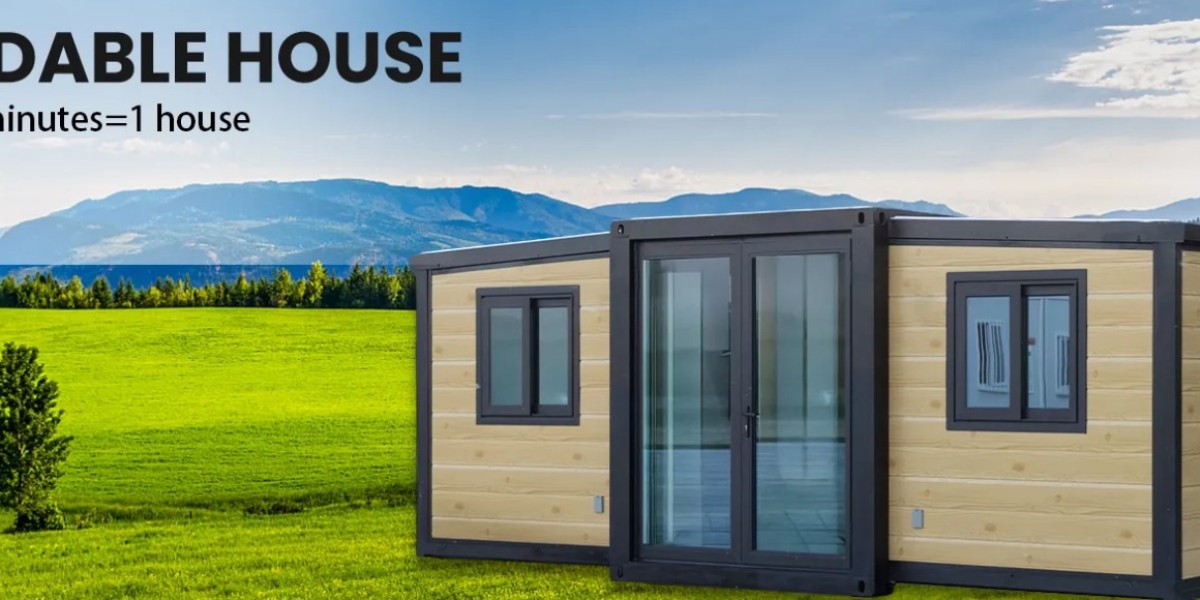In an era where sustainability is at the forefront of global concerns, modular homes have emerged as a revolutionary solution for eco-conscious living. These innovative structures not only promise efficiency and affordability but also align with the growing demand for sustainable housing. This article delves into the myriad advantages of modular homes, highlighting their role in promoting sustainable living practices.
Cost-Effectiveness and Efficiency
Modular homes are designed with cost-effectiveness in mind. By utilizing prefabricated components, manufacturers can significantly reduce waste and construction time. This efficiency translates to lower overall costs for homeowners, making modular homes an attractive option for those looking to minimize their environmental footprint while staying within budget. Furthermore, the streamlined construction process means that modular homes can be built in a fraction of the time compared to traditional homes, allowing families to move in sooner and enjoy their sustainable living spaces.
Energy Efficiency and Sustainable Materials
One of the standout features of modular homes is their energy efficiency. Many modular designs incorporate advanced insulation and energy-efficient appliances, which contribute to lower energy consumption. Additionally, these homes often utilize sustainable materials, such as recycled steel and sustainably sourced wood, which further enhances their eco-friendly profile. By choosing a modular home, homeowners can significantly reduce their energy bills while also minimizing their impact on the environment.
Customizability and Flexibility
Modular homes offer unparalleled customizability, allowing homeowners to tailor their living spaces to meet their specific needs and preferences. This flexibility is particularly advantageous for those who wish to incorporate sustainable features, such as solar panels or rainwater harvesting systems. The ability to design a home that not only reflects personal style but also promotes sustainable living is a key advantage of modular homes, making them a popular choice among environmentally conscious buyers.
Reduced Environmental Impact
The construction of traditional homes often leads to significant environmental degradation, from deforestation to increased carbon emissions. In contrast, modular homes are built in controlled factory environments, significantly reducing waste and pollution. The use of precision engineering in modular construction ensures that materials are used efficiently, further decreasing the environmental impact. By choosing modular homes, buyers contribute to a more sustainable future, making a positive choice for both their families and the planet.
Community and Social Benefits
Modular homes are not only beneficial for individual homeowners but also for communities. As sustainable living practices gain traction, modular housing developments can foster a sense of community among residents who share similar values. These developments often encourage green spaces, community gardens, and shared resources, which enhance the overall quality of life. Additionally, the affordability of modular homes can help address housing shortages in urban areas, providing more people with access to sustainable living options.
In conclusion, modular homes present a compelling case for sustainable living. With their cost-effectiveness, energy efficiency, customizability, reduced environmental impact, and community benefits, they are an ideal choice for those looking to embrace a greener lifestyle. As the demand for sustainable housing continues to grow, modular homes stand out as a practical and innovative solution that meets both individual needs and broader environmental goals.








